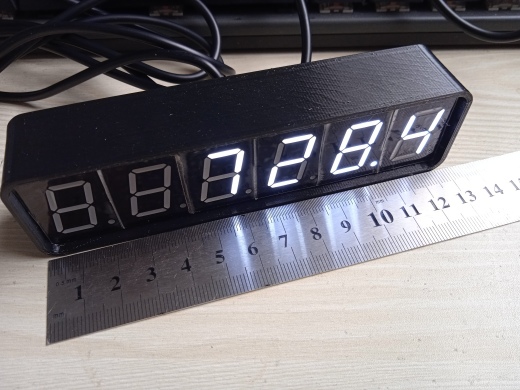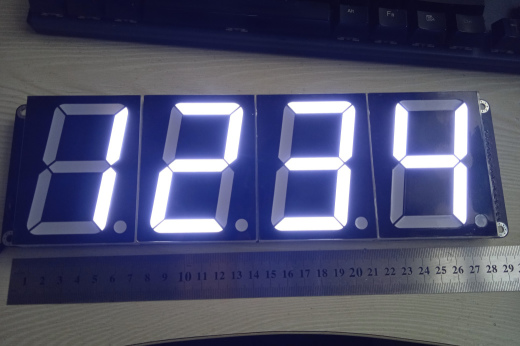Hardware

|
Shell Lab L3 is programmable 8-segments LED display with USB/serial interface Characteristic: ● 6-digital 0.56inch bright white 8-segment LED display● all segments configurable, support alphabet (portion) ● support blink mode ● black 3D-printed case ● USB powered, cable length 2-meter ● interactive serial console with ASCII command, online manual embedded ● programming language is not limited (Python recommended) ● quick test with Testbench App (with various demo codes) ● pip install mcush library (support windows/linux/mac) and write scripts easily Use cases: ● prototype design● in-progress value indication in product/software cycle test ● indication in assembly line, green for PASS and red for FAIL ● experiment progress indication ● kanban/placard indication ● logistic/storage management, goods location indicator ● interactive game design ● educational experiment design ● outdoor case, auto indicator ● system integration for industrial equipment Customize: ● other digits/size display |
Software
|
Serial Communication FAQ C Programming FAQ Serial command: display control commandExample: clear screenPython API: Install: sudo pip3 install mcushUpgrade: sudo pip3 install -U mcush Example: Download: Shell Lab Testbench Application |
Application
display demo
0.8 inch version

3 inch version

test with mcush_util
|
0.8 inch version

3 inch version

test with mcush_util
|